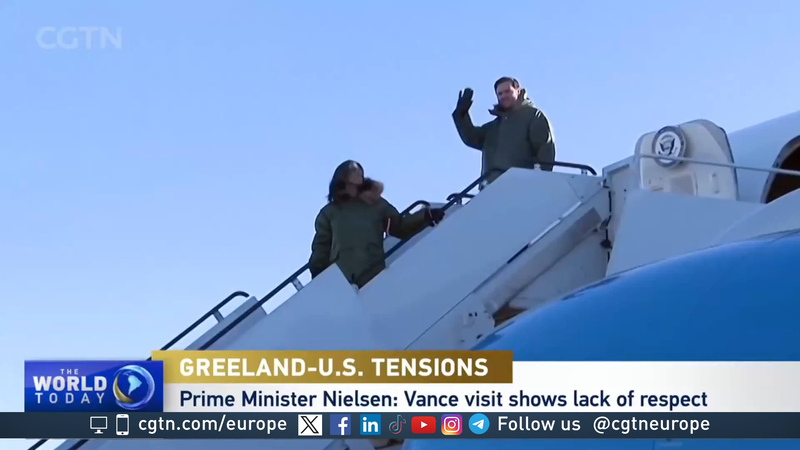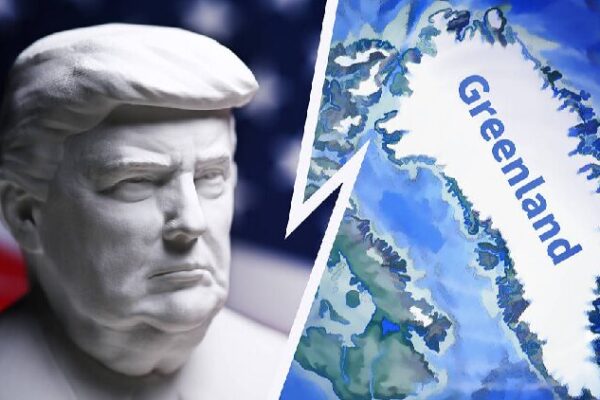Former U.S. President Donald Trump’s return to the political arena has stirred global conversations, especially with his bold geopolitical ambitions. From expressing interest in acquiring Greenland to suggesting that Canada become the 51st state, and even proposing U.S. control over Gaza, Trump’s statements have raised eyebrows worldwide.
Greenland: A Strategic Desire
Trump’s interest in purchasing Greenland, an autonomous territory of Denmark rich in natural resources, was met with immediate rebuff. Danish officials and the European Union dismissed the idea, emphasizing Greenland’s autonomy and Denmark’s sovereignty. The proposal highlighted the Arctic’s growing strategic importance due to its untapped resources and emerging shipping routes.
Canada: A 51st State?
The suggestion that Canada might join the United States as its 51st state was met with strong reactions. Canadian Prime Minister Justin Trudeau firmly rejected the notion, stating, “Canada will never be the 51st state. It’s never going to happen.” Canadians across the nation expressed outrage, viewing the idea as a misunderstanding of their history and national identity.
Ukraine: Security for Minerals
In dealings with Ukraine, the U.S. administration hinted at offering security guarantees against Russian aggression in exchange for mineral deals. U.S. Treasury Secretary Scott Bessent’s comments suggested a transactional approach, sparking criticism from European allies who feared that such conditions undermined Ukraine’s sovereignty and negotiating power.
Gaza: A Controversial Proposal
Perhaps the most contentious was the proposal for the U.S. to “take over” Gaza, redeveloping it under American control. This idea disregards Palestinian sovereignty and international humanitarian law. Global reactions were swift, with protests erupting in the Middle East and beyond. United Nations Secretary-General António Guterres emphasized that Palestinians have endured decades of denied rights and that their self-determination must be respected.
Challenging International Norms
These proposals raise concerns about a shift away from established international norms that uphold sovereignty and self-determination. Treating nations and territories as commodities undermines the principles that have maintained global order since the 17th century. The Westphalian system, which emphasizes state sovereignty, is not designed to accommodate unilateral ambitions.
The Importance of Respecting Sovereignty
The international community’s rejection of these ideas underscores a consensus: power does not grant entitlement to reshape borders or override sovereignty. For the U.S. to maintain credibility on the world stage, policies should align with respecting international law and engaging in diplomacy based on mutual respect and benefit.
In today’s interconnected world, true leadership is demonstrated not by territorial acquisition but by upholding the norms that promote peace and prevent conflict.
Reference(s):
Greenland, Canada, Ukraine, Gaza: How to read Trump's geopolitics
cgtn.com








